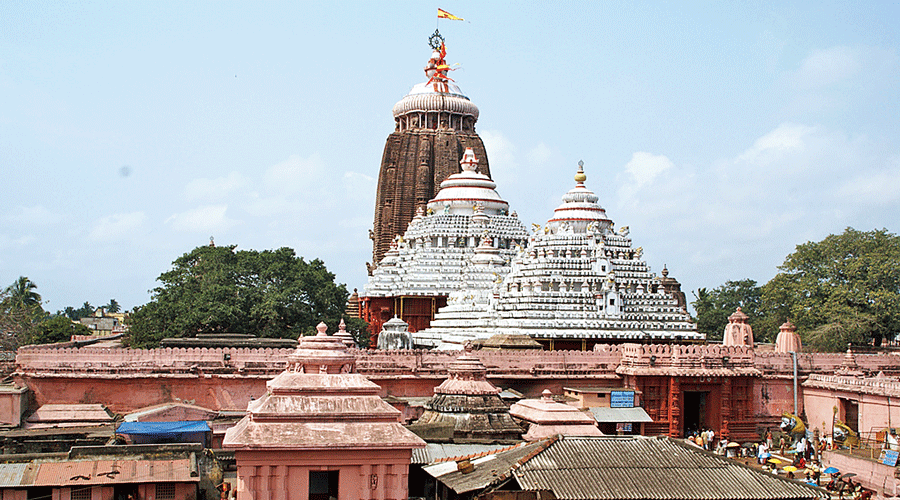The Supreme Court on Friday imposed a fine of Rs 1 lakh each on two PIL petitioners and expressed concern over the “mushroom growth” of frivolous public interest litigation petitions that “should be nipped in the bud” so that the development activities are not affected.
The apex court passed the orders while clearing the decks for the Odisha government to proceed with the construction of essential public utility services such as toilets, cloak rooms and drinking water facilities on the premises of the famed Shree Jagannath temple in Puri.
The construction activities were challenged by the petitioners on the ground that they were in contravention to the provisions of The Ancient Monuments and Archaeological Sites and Remains Act, 1958.
“We have no hesitation in holding that the activities undertaken by the State are completely in tune with the directions issued by the three-judge bench of this Court in the case of Mrinalini Padhi… (2018 judgment). They are necessary in the larger public interest and there is no prohibition in the statute for doing so, as sought to be argued by the appellants,” a bench of Justices B.R. Gavai and Hima Kohli said in a judgment.
The apex court passed the order while dismissing the two separate PILs by Dillip Kumar Baral and Ardhendu Kumar Das, both devotees of the temple, challenging the alleged unsanctioned and unauthorised construction activities undertaken by state government and the temple management within the prohibited area of the historic shrine.
Justice Gavai, who authored the judgment, noted that a three-judge bench of Supreme Court in 2018 while passing a series of directions on the proper upkeep and maintenance of the temple had directed separate toilets for male and female devotees with all modern amenities.
“Undisputedly, in the present case, the competent authority has complied with the procedure as required under Section 20D of the said Act (The Ancient Monuments and Archaeological Sites and Remains Act, 1958) the authority, i.e. the NMA (National Monument Authority) has granted its permission for the work, which is undertaken.
“The director general (ASI) has observed that the amenities, which fall within the prohibited area of the temple are required for the devotees, and therefore, it was agreed that this may be allowed. It was further observed that the ASI would work in coordination with the state government on the design so that there is no visual impact on the main temple.
“The state government was also requested to keep the entire design simple in tandem with the spiritual nature of the entire temple complex,” Justice Gavai said.











